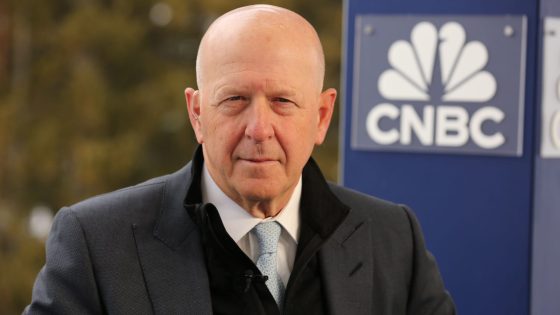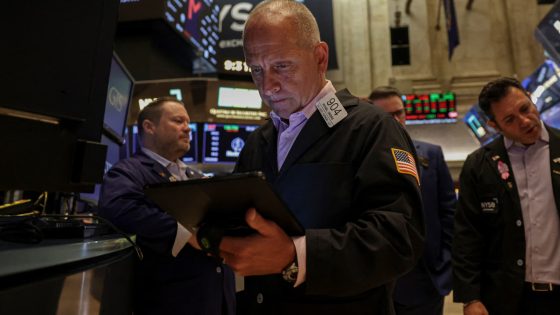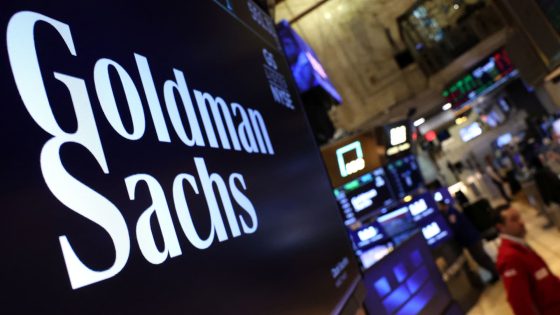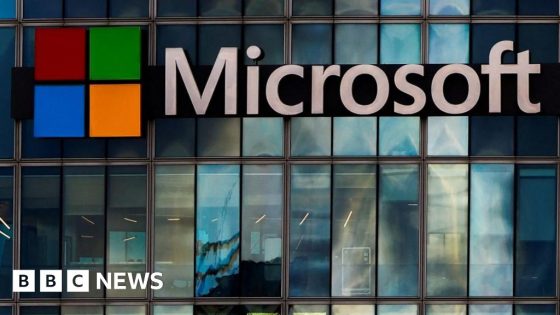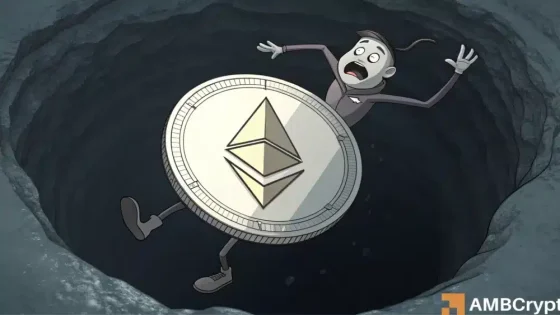Goldman Sachs CEO David Solomon recently made headlines during an interview on CNBC’s Squawk Box, where he defended his bank’s prediction that tariffs would raise inflation. This discussion, taking place on January 22, 2025, at the World Economic Forum in Davos, Switzerland, underscores the ongoing global debate surrounding trade policies and their economic impacts.
- David Solomon is also a DJ, "DJ D-Sol."
- Trump criticized Goldman Sachs' inflation predictions.
- Goldman Sachs defends its tariff inflation study.
- Other banks share similar inflation concerns.
- Big Tech strikes deals to reduce tariffs.
- Recent earnings highlight profit pressures on tech.
U.S. President Donald Trump criticized Solomon, suggesting he should focus on his DJ career instead of economic forecasts. However, Goldman Sachs and other financial institutions, including JPMorgan Chase and UBS, assert that tariffs are likely to increase consumer prices. This situation raises questions about the accuracy of economic predictions and their implications for global markets.
This debate highlights the fragility of economic forecasts in an interconnected world. As trade tensions escalate, how will businesses adapt to potential cost increases? The implications are significant across various regions:
- In the U.S., rising inflation could squeeze consumer spending.
- European markets may face similar pressures, impacting growth forecasts.
- Asian economies reliant on exports could see shifts in demand.
- Middle Eastern markets might experience volatility due to fluctuating oil prices.
As the situation evolves, businesses and consumers alike must prepare for possible economic shifts. Will companies find innovative ways to mitigate costs, or will inflation reshape consumer behavior globally?



